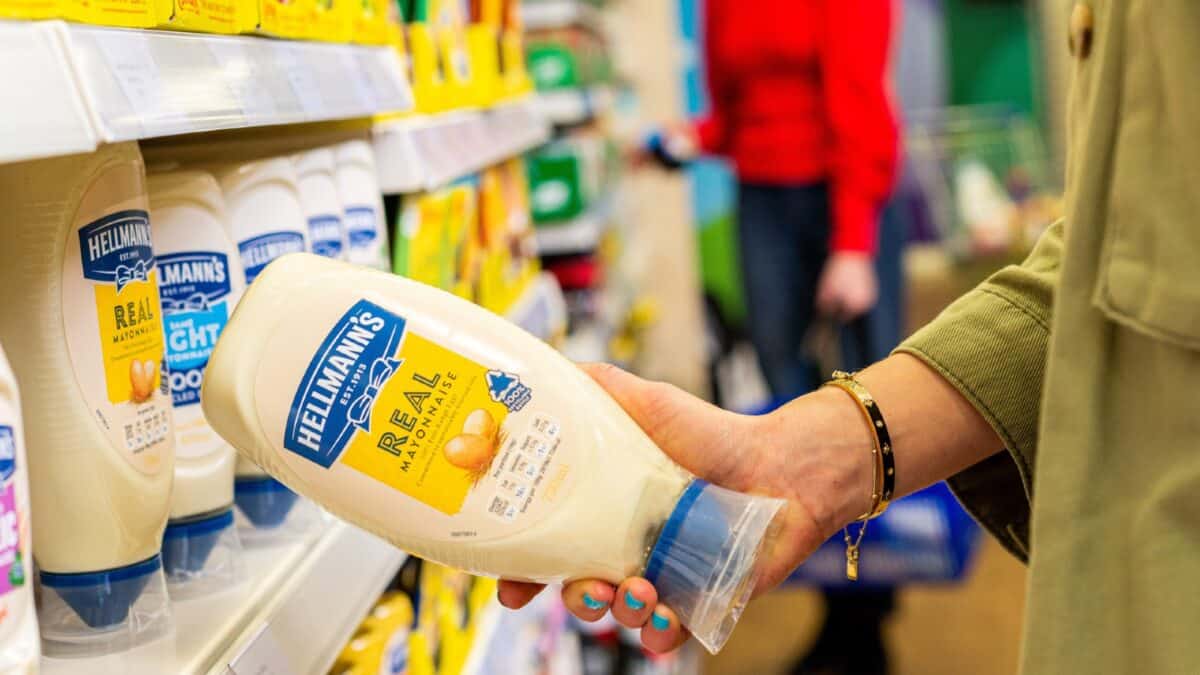Sometimes a bit of extra cash coming in can make life easier, or simply more enjoyable. Some people try to earn a second income taking another job, or doing something like selling on eBay.
My own approach to earning such additional income is investing in dividend shares. That does not take lots of my time and does not require a lot of money.
To illustrate, here is how I would set up an ongoing second income this year by putting aside just £20 each week.
Setting up a share-dealing account
As my plan revolves around buying shares I hope will pay me dividends, I need a way to do that.
Setting up a share-dealing account or Stocks and Shares ISA does not have to be complicated or time consuming.
But different ones might suit me better or worse, depending on my own financial circumstances and objectives. So I would compare the options before making a choice.
Finding shares to buy
That £20 a week adds up to over a thousand pounds I could invest annually.
Dividends are paid when a company decides to do so and has enough cash. That means they can also be cancelled or cut at any moment.
I would therefore not focus on dividend history when choosing shares to buy. Instead, my approach would be to find companies I thought had the ability to throw off lots of spare cash in future that could be used to fund dividends.
An example
Let me put this into a practical context. Unilever sells products in markets I expect to keep experiencing high customer demand, from ice cream to laundry detergents.
Owning iconic brands like Marmite and Hellmann’s gives it pricing power, as there is often no direct substitute. That helps build consumer loyalty and makes them more willing to accept premium pricing.
Unilever needs to spend some of its earnings on things like advertising, product development and building factories. But if it can generate enough spare cash even after these expenses are taken care of it, it could use that to fund dividends.
Indeed, at the moment the consumer goods powerhouse pays a dividend each quarter. By buying its shares I could be in line to receive such dividends in future.
Building passive income streams
As it happens, I do not own Unilever in my portfolio at the moment. There are risks, like inflation eating into profit margins. But I still like the business model and would happily buy more shares if I had spare money to invest.
Actually, there are quite a few different shares I would happily buy to earn a second income with spare funds.
Diversifying my portfolio like that could help me keep earning a second income, even if a company suddenly axed its dividend, like Direct Line did last year.
Setting expectations
How much I earn will depend on the average dividend yield. Investing £1,040 at a yield of 5%, for example, ought to earn me around a pound a week in dividends, on average.
I would aim to build a bigger second income over time simply by sticking to my plan, year after year. Shares I buy this year might still be earning me regular dividends 10, 20, or even 50 years from now!








